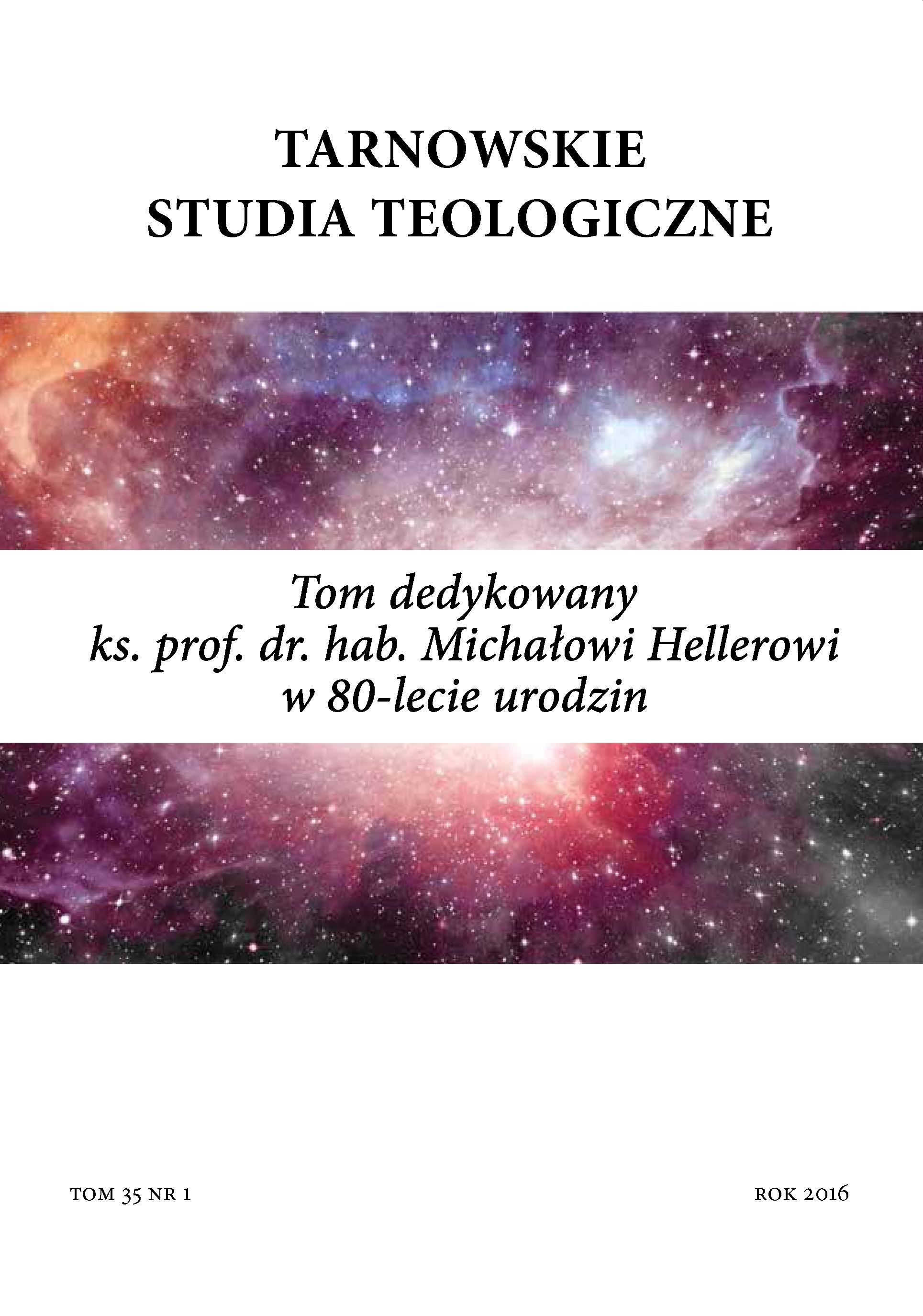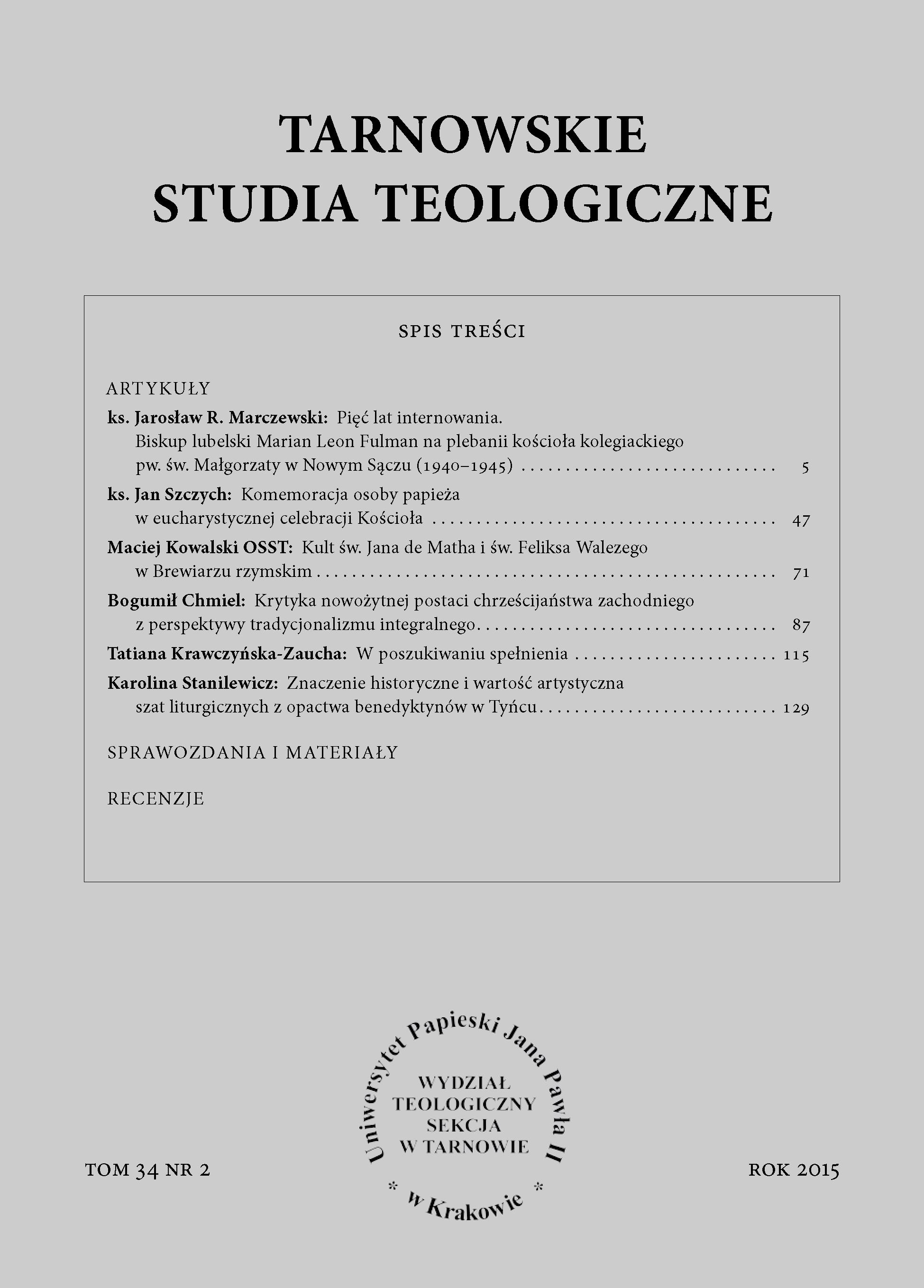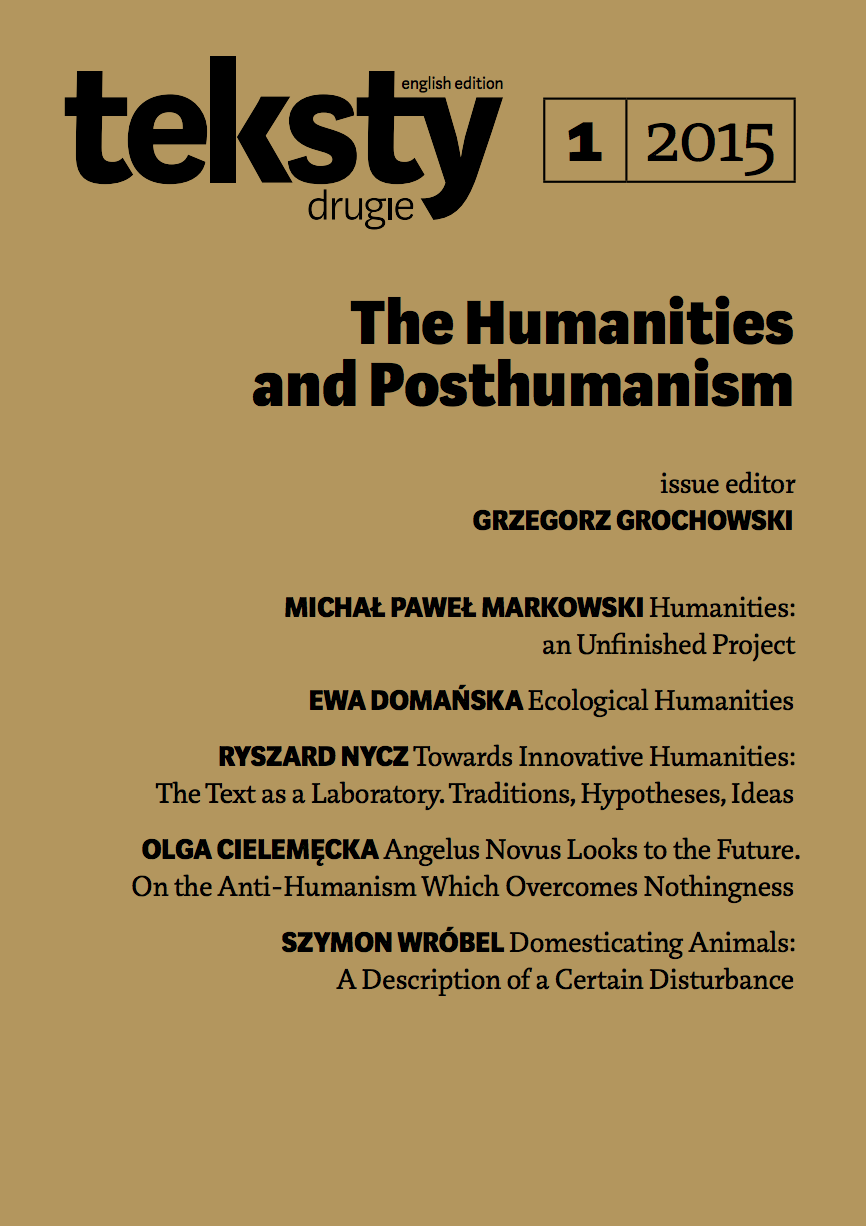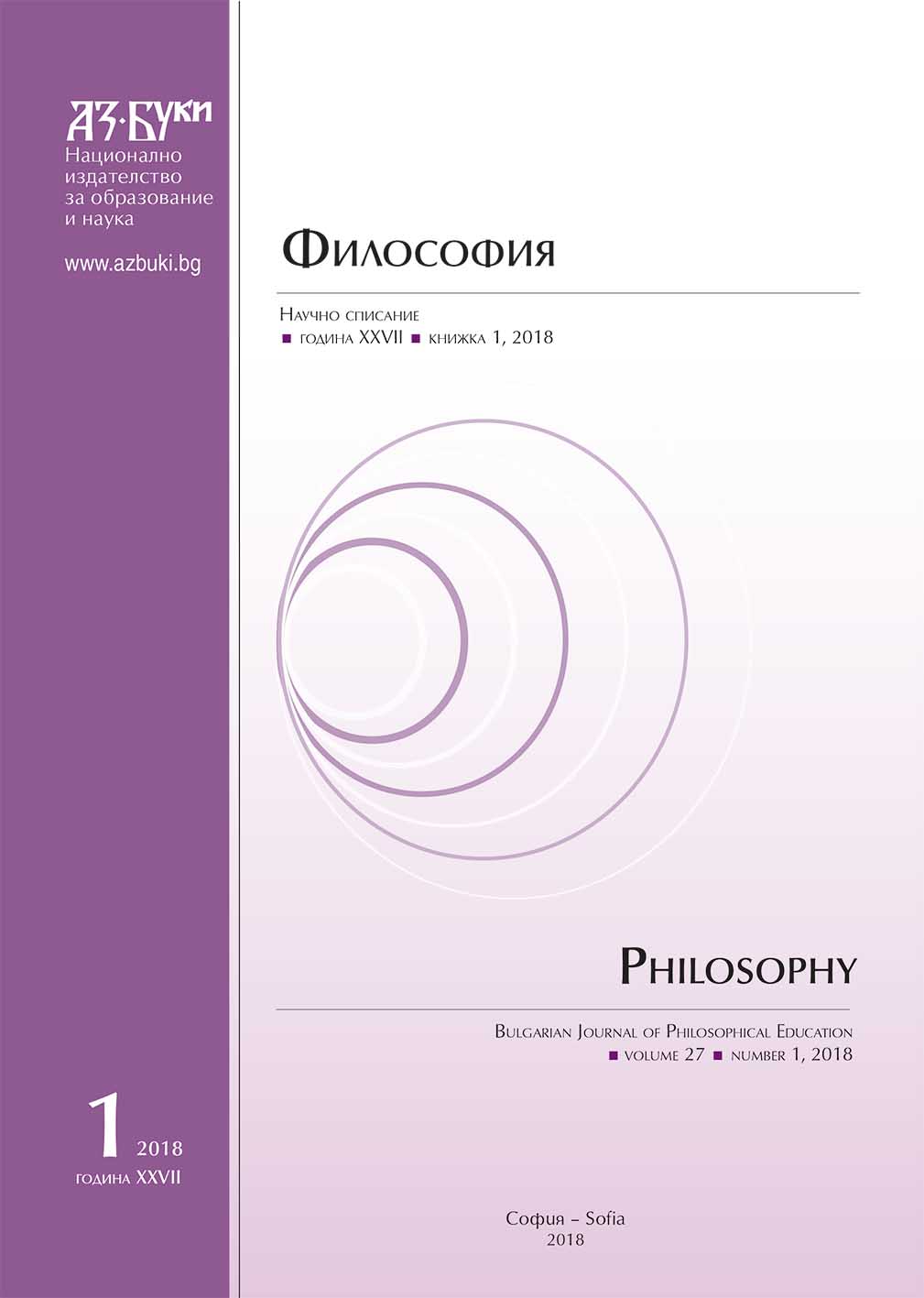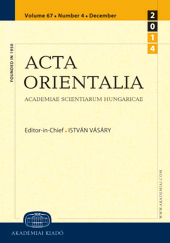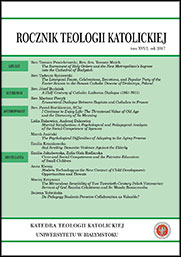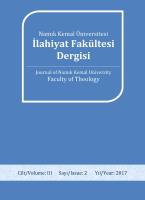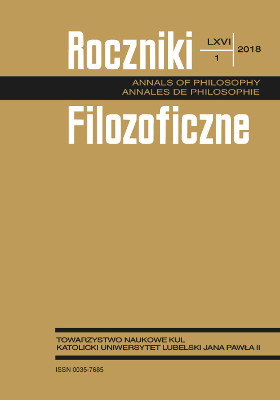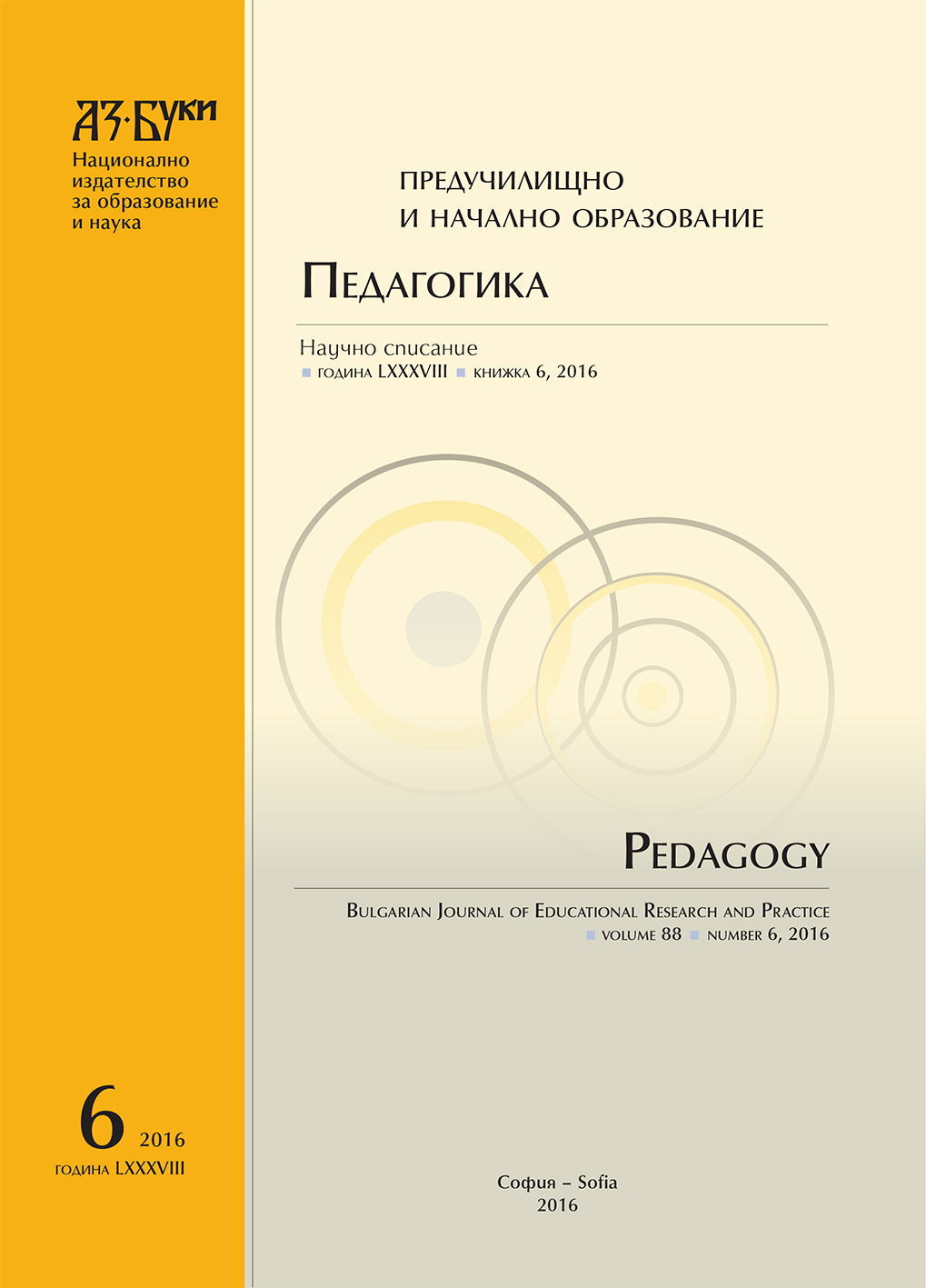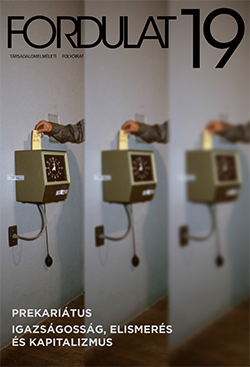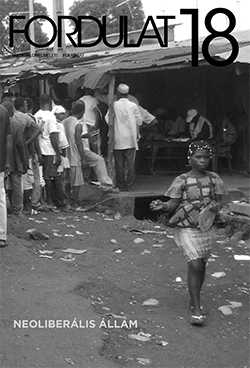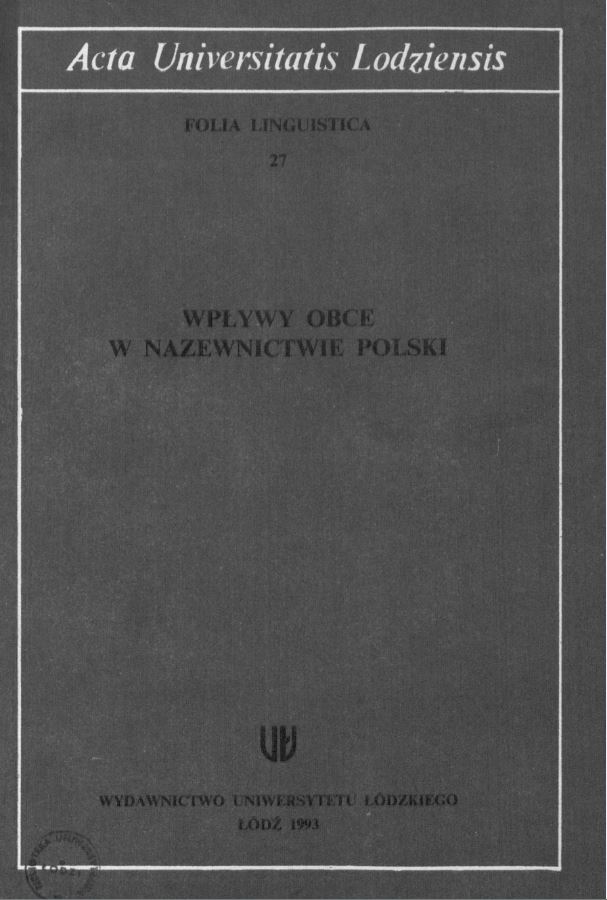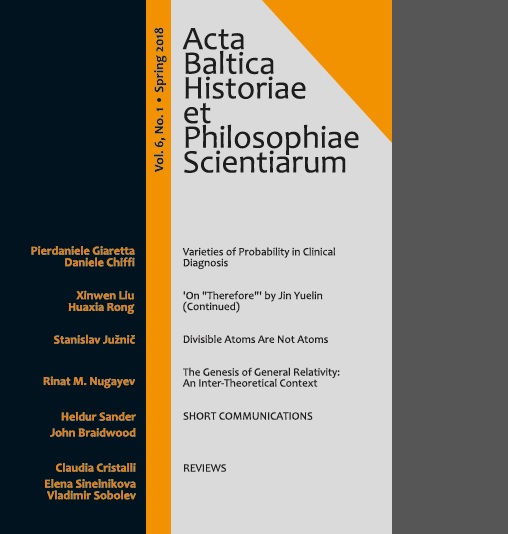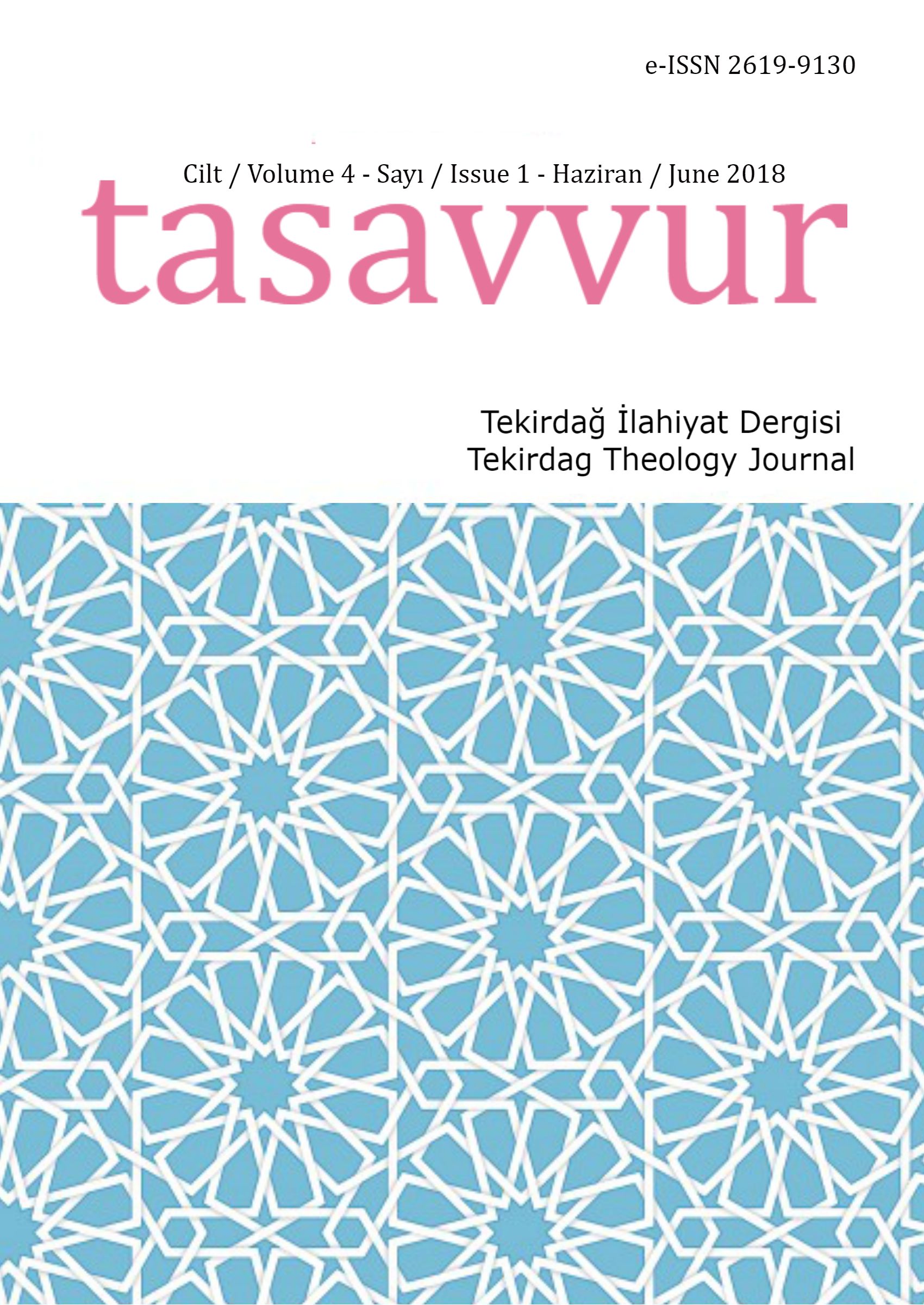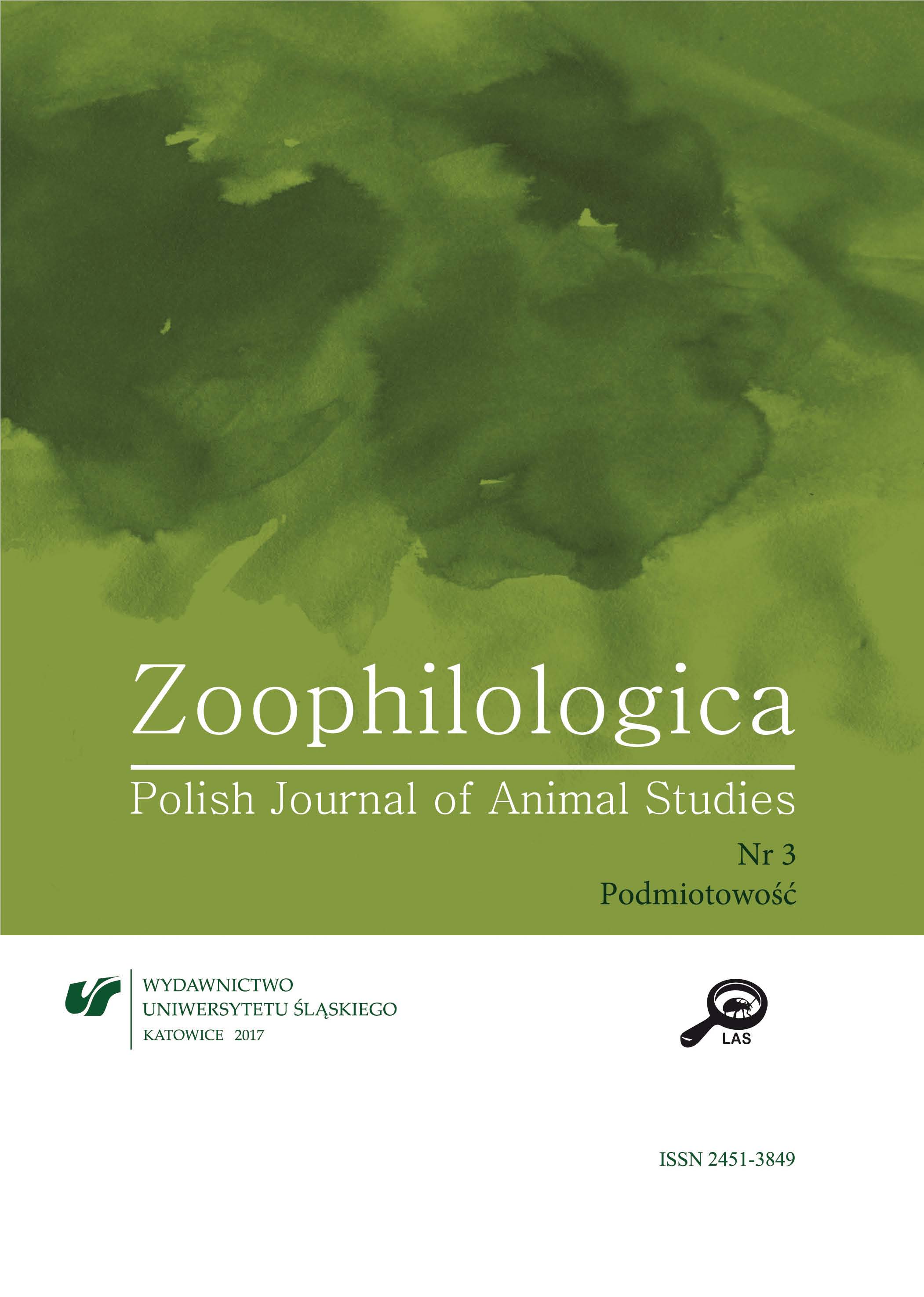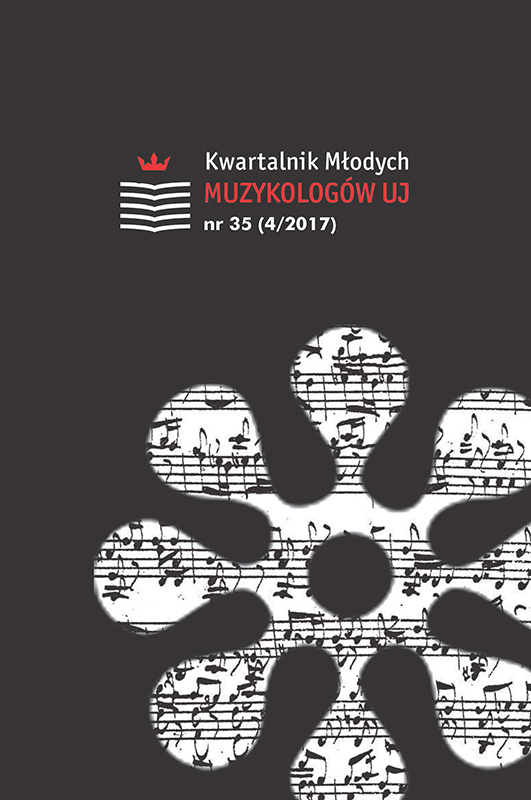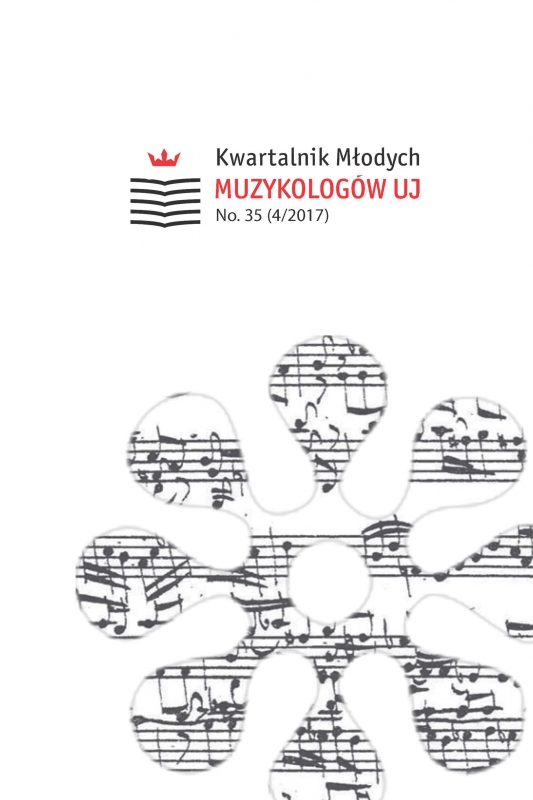Examination of Listening Comprehension Strategies used by Iranian Upper-intermediate and Intermediate EFL Learners
The main purpose of this study was to find out the listening strategies used byupper-intermediate and intermediate Iranian FFL learners and to compare the listening strategies of both groups of participants in this study. A total number of 30 Persian EFL learners were administered a listening comprehension test and a listening strategy use questionnaire. The test consisted of two class lectures, each of them followed by comprehension questions comprised of multiple choice and essay questions. After the test, participants were also asked to complete a questionnaire that included 20 items asking about the use of cognitive, metacognitive, andsocio-affective strategies. The listening test and listening strategy use questionnaire data was run through multiple statistical tests, including factor analysis, multiple regression, and t-tests, to identify the strategies the research participants had used and explain the relationship between listening strategy use and listening comprehension. The results indicated that both upper-intermediate and intermediate listeners used metacognitive, cognitive, and socio-affective strategies. However, there was some variation in terms of the use of cognitive and metacognitive socio-affective strategies. As far as cognitive strategies were concerned, the results revealed that the upper-intermediate listeners employed more top-down strategies than the intermediate listeners, whereas there were no significant differences in the use of metacognitive strategies. The results also indicated that cognitive strategies are the most powerful predictor of listening comprehension, followed by socio-affective strategies, whereas metacognitive strategies were the predictor that accounted the least for listening comprehension
More...
